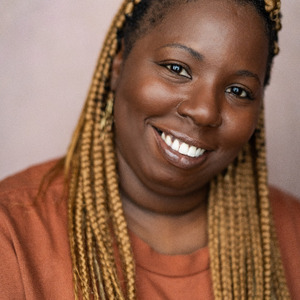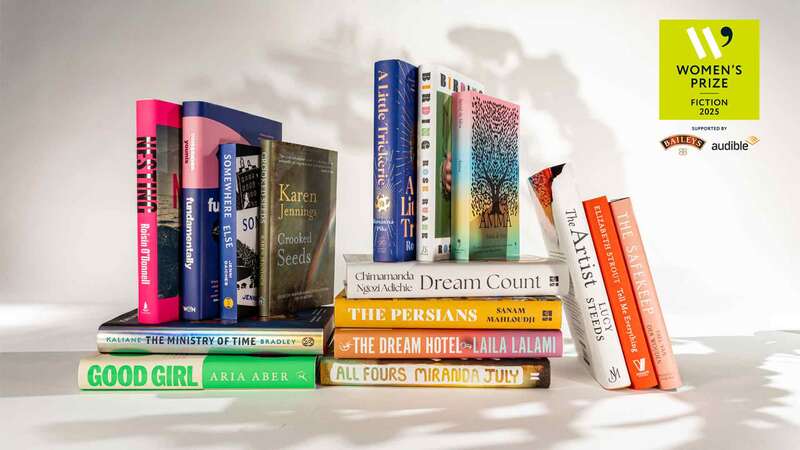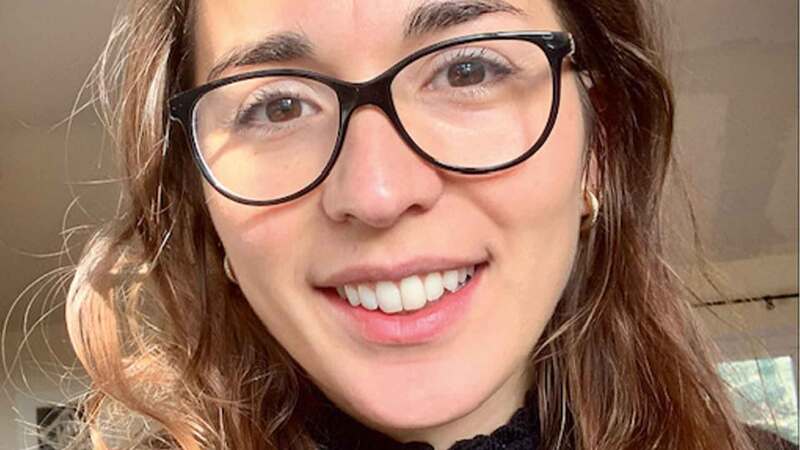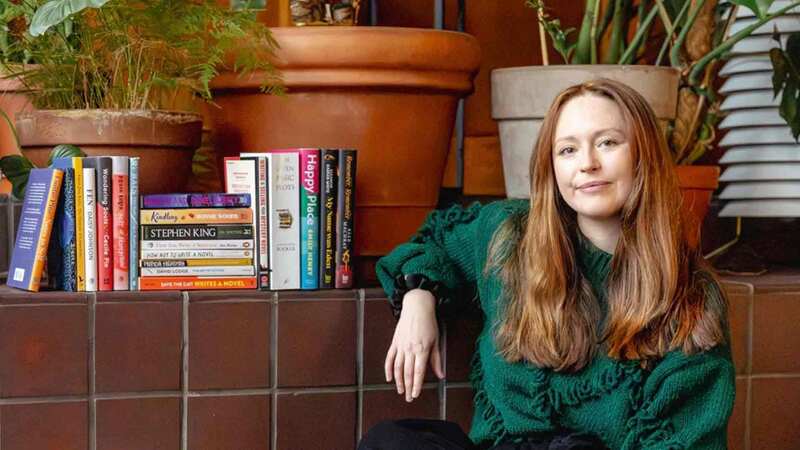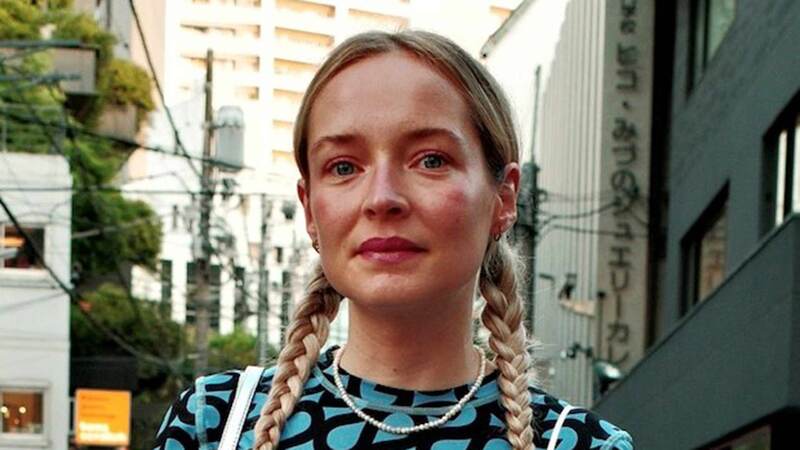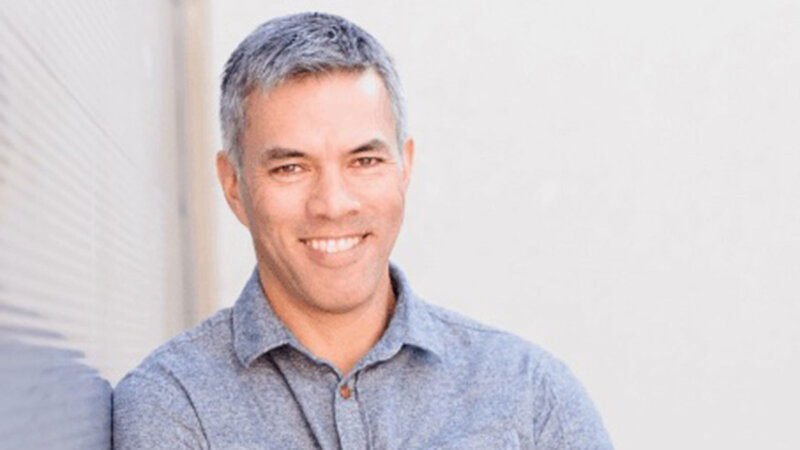News for emerging authors: November
A hand-picked digest of news stories from the past month, which emerging writers should know about.
Dear Emerging Authors,
Welcome to the November round-up. That means it’s already December, but let’s not dwell on that. Instead, I’m going to be honest with you—I had to trawl through a lot of disheartening news about the need for hardship grants among authors and the ever-present problem of chasing payments owed, before I found some nuggets of hope that will power us through into 2025.
So without further ado: new prizes!
University of Oxford and production company 42 launch new storytelling competition
A university and a production company walk into a bar… yes, it does sound like the beginning of a joke, but this new writing competition might just be something to smile about. You’ll know by now that I will always encourage new writers to be dynamic in their submissions of their writing; to look for all kinds of opportunities to have their work read and engaged with. This competition in particular is a bit more dynamic than your average, which we should all strive to be really, if we want sustainable careers as authors.
It’s "open to aspiring novelists, playwrights and screenwriters, and is accepting both experimental writing as well as work that would appeal to a broad audience".
It will be judged by multi-hyphenates—people who write TV, books, plays and understand storytelling in multiple forms. And this is perfect for those of you unafraid to experiment, who find your work doesn’t fit into one kind of box, and that your point of view on a story is fluid depending on the medium. Best of all, I think this competition is responding directly to the needs of creatives trying to enter the industry right now. Gone are the days of being just one thing; to survive, you have to be able to see yourself and your work from many different angles.
Entries close 30th April 2025 so you have time to make this one of your goals for next year. And speaking of life goals, let’s peruse our next headline.
New writing award for authors aged 60+ to prove it’s ‘Never Too Late’
I am a firm believer that more often than not, things happen when we’re ready for them. This is especially true when it comes to writing. Many of us might have a story idea that we’ve been thinking about for years, that we haven’t even put pen to paper over yet. Maybe we’ve been afraid, or we felt the story was too big for us, or that we were too small for such an idea. And then of course, life gets in the way.
Enter "The Bridport Prize international writing competition’s new Never Too Late Award", which "aims to ‘unlock the hidden talent of older writers’".
There is never just one way to do this author life; these days there are multiple roads to take, so make sure you walk down as many as you want to find the right path for you.
Backed by the incomparable Kit de Waal, whose debut novel was published when she was 56, this new award is open to writers aged 60 and over; writers with stories and poems in their back pocket with years of lived experience—source material that I hope to one day harness and fuel into my own writing once I’ve lived a few more years. And don’t get me wrong—we are all trying to survive in an industry that favours the young, new, bright and shiny, and if you pay too much attention to every new book deal announcement, you can feel more than a little disheartened as someone who doesn’t meet the 18-30 criteria.
But hear me when I say—there is no such thing as ‘too late’. If you’re still writing and reading and writing some more, and six decades is light work for you, consider entering this award, and looking for others just like it, because they’re popping up everywhere. There is a great need for more representation of older protagonists in books alone; and considering over 60s make up almost 25% of the current UK population, this seems like the perfect time to make your voice heard.
And on getting seen and heard, here’s our final headline from Creative Access.
Creative Access secures support from Penguin, Profile and Sage for Thrive career development programme
Creative Access "has partnered with 11 trade and academic publishers to provide 18 mid-level freelancers from under-represented backgrounds essential training, mentorship and networking opportunities on its Thrive scheme".
There is a very good chance that if you’re a regular reader of this column, that you are also a freelance creative—whether part-time or full-time, or you’re considering becoming one. It can be a slow process and a big learning curve, but also increasingly a necessity for those of us building a creative career. It requires relationships, business know-how and consistent planning. So if you’ve just begun to get to grips with these things, the new year-long programme from Creative Access might be just the thing for you. Additionally, learning how to freelance successfully will do wonders for your engagement with the publishing industry; you’ll gain a better understanding of the importance of contracts, of timely invoices, of fostering supportive professional relationships at your own pace, and at diversifying your creative portfolio, which could really help your own creative process.
There is never just one way to do this author life; these days there are multiple roads to take, so make sure you walk down as many as you want to find the right path for you.
